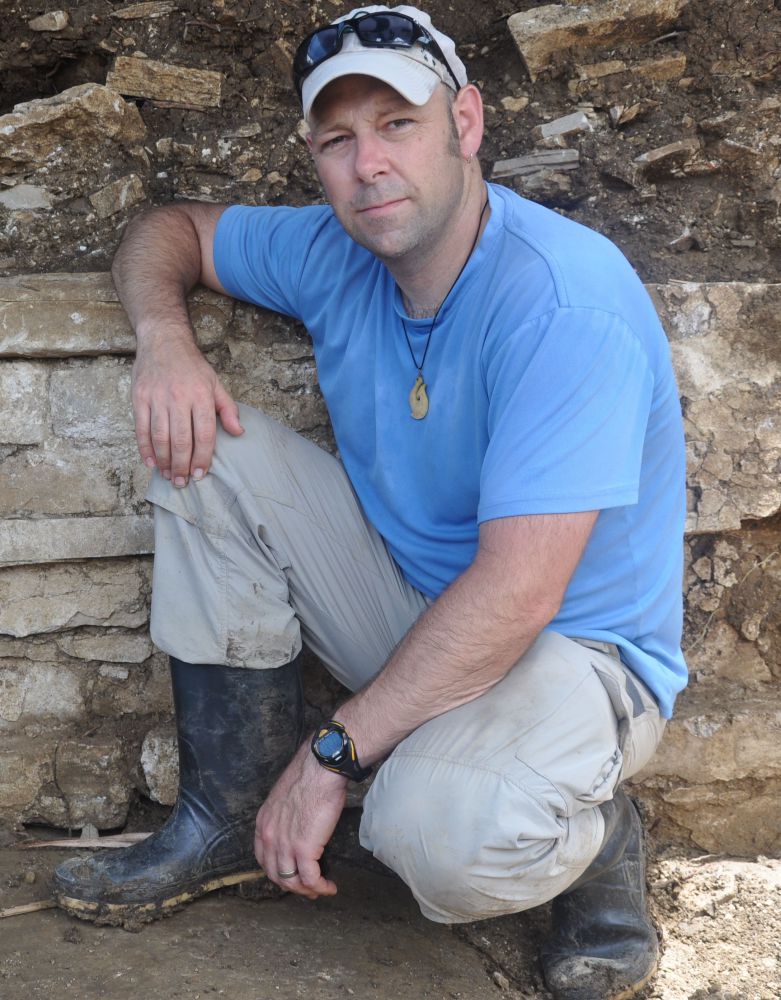
Maritime Migrations

We can think of the Mediterranean Sea as a giant superhighway for human migrations for millennia. Now, an international team of researchers has traced the genetic history of ancient populations of islands in the western Mediterranean.
Douglas J. Kennett, a professor of environmental anthropology at UC Santa Barbara who performed critical radiocarbon dating on the individuals in the study, said the results reveal intricate population shifts in the Mediterranean. The paper is published in the journal Nature Ecology and Evolution.
“Our study shows that the islands of the western Mediterranean — Sicily, Sardinia and the Balearic Islands off the coast of Spain — have a complex population history involving interaction with African and European populations in different ways through time,” he said.
In particular, Kennett added, the research found that early farming populations from the Eastern Mediterranean (Anatolia) colonized the larger islands of Sicily and Sardinia prior to 2500 BC. That’s consistent with previous studies, he noted.
Further, a pastoralist-related population originating somewhere north of the Black and Caspian seas spread across Europe by roughly 2500 BC.
“We see people with this ancestry arriving on the Balearic Islands by 2400 BC and on Sicily by 2200 BC,” Kennett said, “thus suggesting a west-to-east movement of people from the Iberian Peninsula. Admixture with this population occurs much later on Sardinia (about 1000 BC), where we see more continuity in the early Anatolian farming population.
“By 1000 BC there is also increasing evidence for admixture with different European and African populations,” he continued. “This indicates a long history of maritime interaction in the western Mediterranean and that people with different ancestries were living side-by-side in coastal communities.”
The research also coincided with a personal surprise for Kennett. He recently learned from a DNA test that he has Sardinian ancestry — a relative in the 17th century. The revelation sparked an exploration of his family history.
“So far we have determined that it comes from my father’s side of the family,” he said. “Our ancestors from this side of my family come from southern England and we suspect that our newly discovered relative must have arrived as part of the maritime trade connections with the Mediterranean at that time. So, our work expands on what we know about my family’s biological and cultural heritage and demonstrates that the movement of people and ideas extends back thousands of years in this region.
“The world’s population history also has implications for understanding human health and this study also contributes to the study of personalized medicine in my family,” Kennett continued. “DNA has therefore provided an important gift to my kids and future generations so that they have the opportunity to explore their heritage. We hope to visit Sardinia with my father and kids sometime soon.”
The work was conducted in collaboration with researchers from the University of Vienna, Harvard University and University of Florence, Italy.



